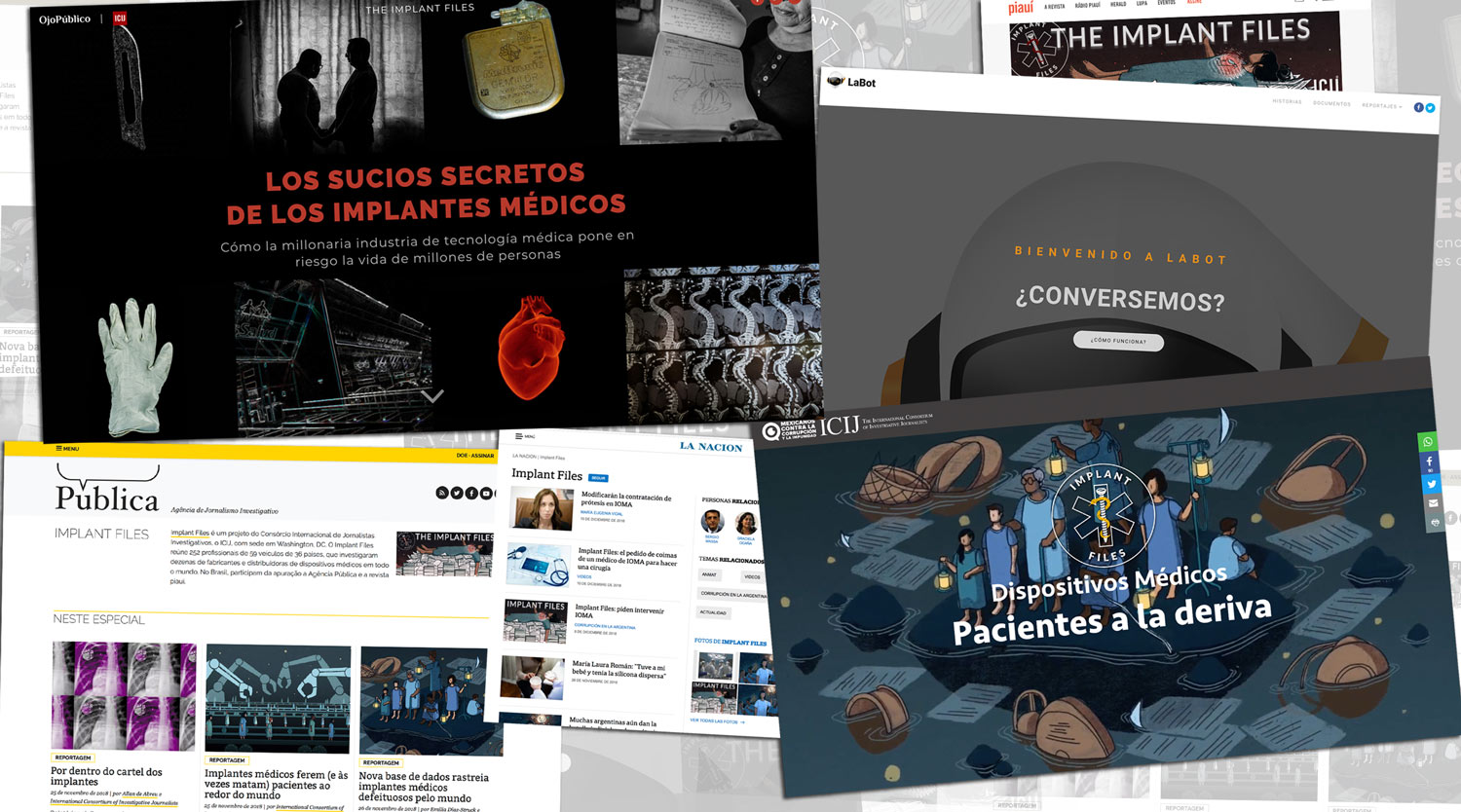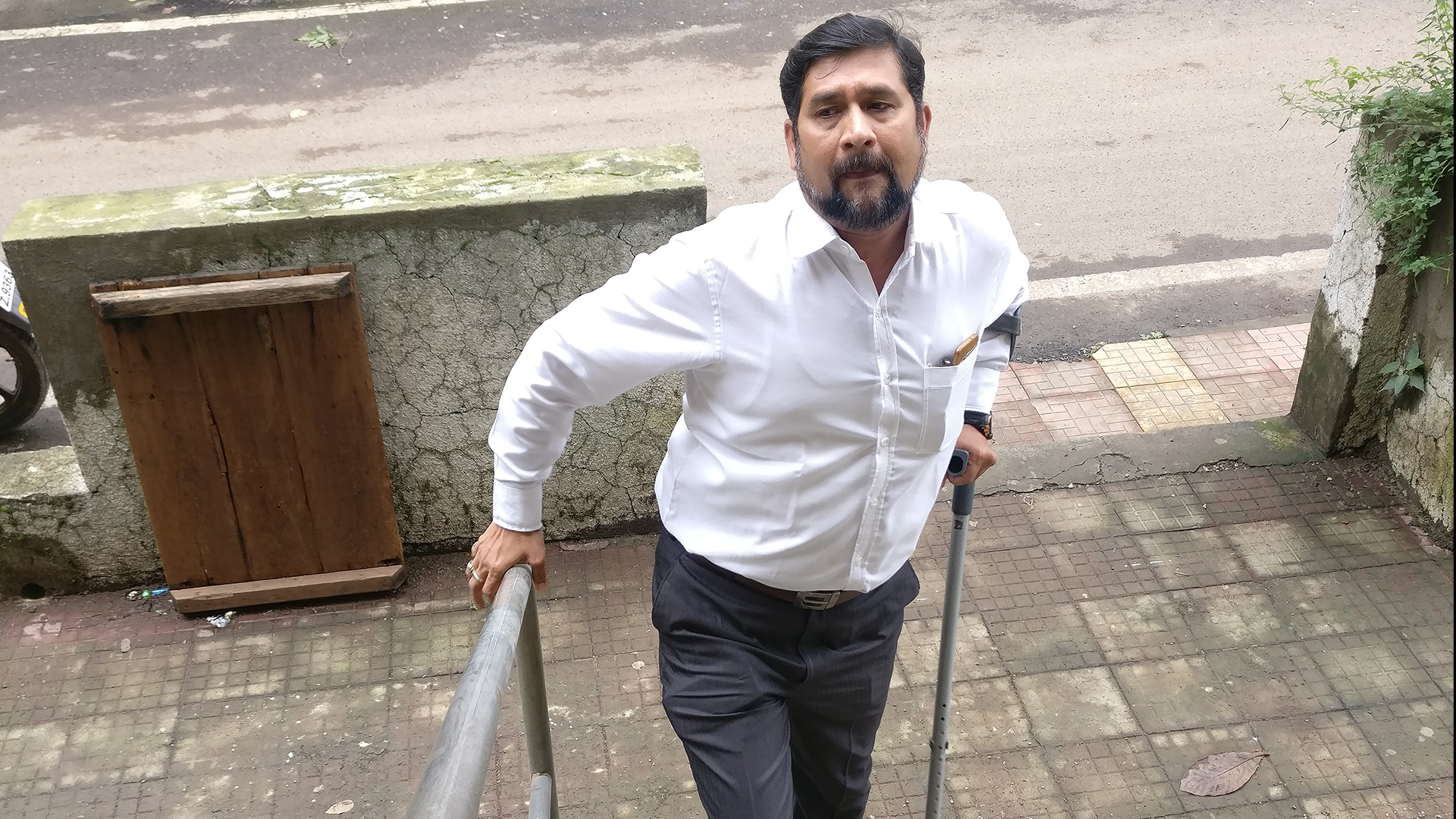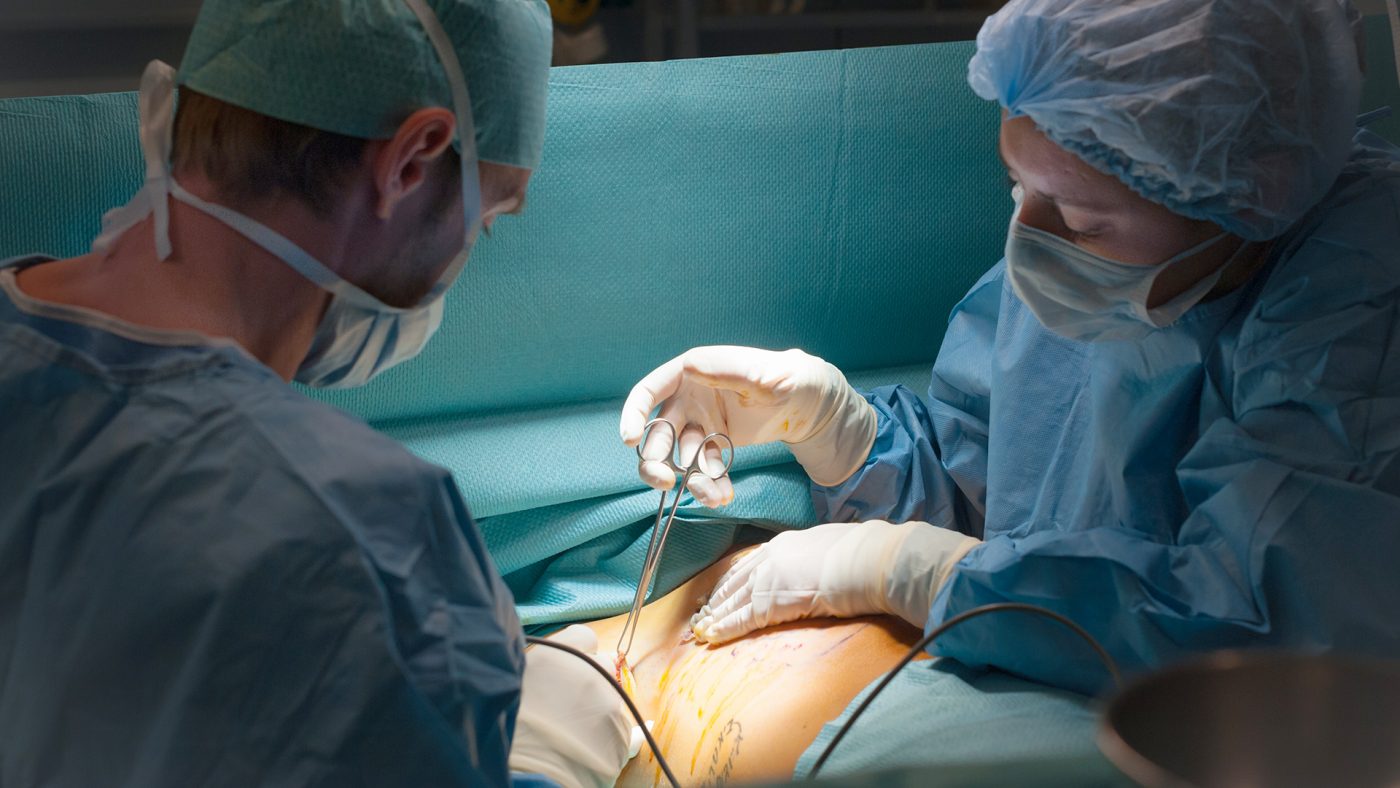Since its launch in November, the Implant Files investigation has prompted outcry from patients and action from regulators in countries around the world – including in Latin America.
Thirty-nine Latin American journalists from eleven media outlets participated in the International Consortium of Investigative Journalists’ global examination of the medical device industry and its regulators.
From Argentina to Mexico, ICIJ’s Implant Files partners revealed an array of problems with the safety and government oversight of medical implants used in the region. Latin American reporters uncovered devices pulled from the market in the United States being implanted in Latin American patients, cases of bribery and conflicts of interest and government regulators who failed to track basic information about the devices used in their countries.
We’ve rounded up some of the key Implant Files findings from Latin America.
Recalled medical devices imported into Argentina
In Argentina, a team of journalists from the newspapers La Nacion and Perfil and the news website Infobae discovered that flawed devices had been imported into the country and an alarming case of medical corruption.
The ICIJ team revealed that 13 medical devices were sold in Argentina after they had been subjected to the most serious type of recall, reserved for devices that pose serious or life-threatening risks, in the U.S. The devices included two intra-aortic balloon systems used to control blood flow through the body’s largest blood vessel; a ventilator used to mechanically assist patients’ breathing and a guidewire used to help place devices in coronary blood vessels.
ICIJ journalists also obtained an audiotape of surgeons demanding bribes to implant medical devices covered by a government health program in Buenos Aires. The surgeons, who remain anonymous in the tapes, insisted on payments worth roughly 20 percent of the cost of the device for each implant performed.
Implants sold in Brazil despite bans elsewhere
ICIJ partners at Piauí investigated Silimed, a Brazilian breast implant manufacturer that has sold breast implants across the world. They found that lawsuits filed by Brazilian women against Silimed have more than doubled in the last four years and that Brazilian regulators allowed Silimed to continue selling implants that had been banned in Europe because of foreign particles contaminating their surfaces.
At the investigative website Pública, members of the ICIJ team revealed that Brazilian government hospitals serving low-income patients had conducted implants of Essure, a contraceptive device that has been withdrawn from markets elsewhere following reports of frequent complications in patients. Pública reporters spoke to several women who experienced serious health problems after receiving government-funded implants of Essure.
Chile’s news robot LaBot details regulatory failures
ICIJ journalists at the news app LaBot found a near-total lack of medical device regulation in Chile. Among the team’s discoveries: Chilean regulators had enacted only two rules that applied to only five devices in the last 20 years, had gathered reports of patient harm for only four devices in the last decade and did not require manufacturers to obtain government permission before selling devices in Chile.
LaBot is a news robot, whose content is created by journalists, that communicates with readers through interactive chats on Facebook Messenger and Telegram.
Bribes bigger than fines for medical device maker in Mexico
A team of 12 reporters from Mexicanos Contra la Corrupción (MCCI), Quinto Elemento Lab and the magazine Proceso revealed corruption and regulatory failures affecting the medical device industry in Mexico.
The team found that over a five-year period, a subsidiary of leading device manufacturer Zimmer Biomet imported unregistered dental implants and other devices to Mexico and paid nearly $1 million in bribes to customs officials to facilitate their entry into the country. Reporters also examined bribery by the device maker Orthofix International N.V, which was charged in 2012 by the U.S. Securities and Exchange Commission for paying bribes that helped it to win more than $8 million in state contracts. The team revealed that Mexican authorities allowed Orthofix to continue operating and fined it only $4 million – half of the amount that it gained from its bribery. The firm also paid $5.2 million to settle the SEC charges.
Expired stents implanted in Peru
ICIJ journalists at Ojo Público uncovered questionable ethical and safety practices by a cardiologist who implanted stents made by Johnson & Johnson in 40 patients after they had passed their expiration date. Ojo Público found that most of the patients were never informed about the error, that the cardiologist had previously been paid by Johnson & Johnson to conduct research and that she still worked for Peru’s public health service.
Those weren’t the only problems in Peru. Several defective products, including specialized surgical instruments for a Johnson & Johnson knee replacement that were detaching and being left in patients’ bodies, were imported into Peru after they had been recalled in the U.S.
In neighboring Ecuador, the head of the device makers’ trade association told ICIJ partner El Universo that the country has a problem with contraband and fake products in the public health system.
Clarification, January 21, 2019: ICIJ has clarified this story to reflect the specific Johnson & Johnson products that were imported to Peru after being recalled in the U.S., a story that was reported by ICIJ’s partners at Ojo Público. The products that were imported to Peru after a U.S. recall was initiated were specialized surgical instruments sold as part of the Johnson & Johnson ATTUNE Knee product package, but were not a part of ATTUNE Knee implant itself.







